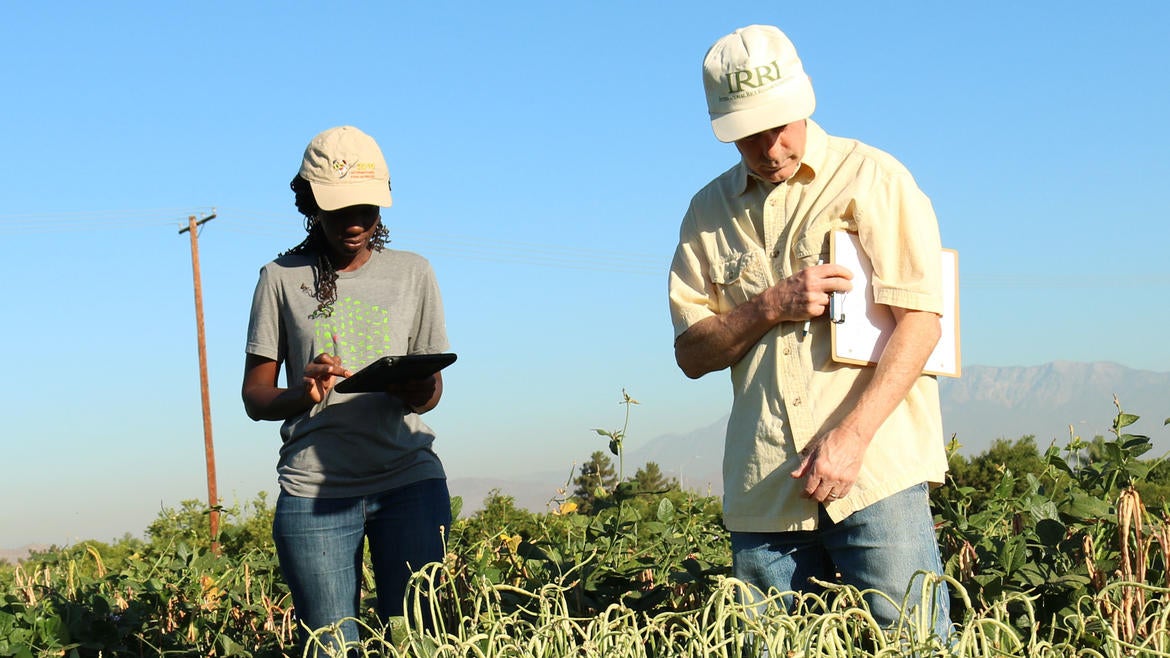Biochemistry 252 Seminar- Timothy Close, UCR

The Department of Biochemistry's weekly BCH 252 seminar series is presented this week by:
Timothy Close, Professor, Department of Botany and Plant Sciences, UC Riverside
Seminar Title: "Cowpea and its genome: new opportunities for basic research relevant to food and nutritional security"
Abstract: Cowpea, Vigna unguiculata L. Walp, is a diploid warm-season legume that serves as a major source of protein for millions of people in sub-Saharan Africa. It is also widely grown in Latin America, parts of Asia, southern Europe, and in the United States. Cowpea possess diverse germplasm that is available from collections worldwide, the largest of which is held by the International Institute of Tropical Agriculture (IITA, Nigeria).
In the last few years, much progress has been made towards the development of genetic and genomic resources for this food-security crop. In particular, an iSelect genotyping array assaying 51,128 SNPs was developed [1] and used to genotype recombinant inbred line (RIL) populations as well as collections of diverse cowpea germplasm including the entire IITA Core Collection (2,032 accessions). Integrating genetic and phenotypic information from these populations is enabling the identification of a large array of QTLs for agronomic, quality, disease resistance and domestication-related traits. Thanks to the development of a high-quality reference genome produced using PacBio sequencing (91x coverage) together with two BioNano optical maps and ten genetic maps [2], we can now unveil the sequences and genes underlying those QTL regions. This is yielding strong candidate genes, providing new opportunities for basic research, as well as markers for marker-assisted breeding. The reference genome also allowed to perform synteny analyses between cowpea and other warm season legumes including common bean (Phaseolus vulgaris). A new numbering system has been adopted for cowpea chromosomes based on synteny with common bean. In addition to the reference accession “IT97K-499-35”, sequencing of six additional genomes representing the diversity of cultivated cowpea has been accomplished using Chicago® plus Dovetail™ Hi-C methods. These new and developing resources elevate the level of insight into the cowpea pan-genome.
References:
[1] Muñoz-Amatriaín et al. 2017. Genome resources for climate-resilient cowpea, an essential crop for food security. The Plant Journal 89:1042-1054.
[2] Lonardi et al. 2019. The genome of cowpea (Vigna unguiculata [L.] Walp.)” The Plant Journal 98:767-782.